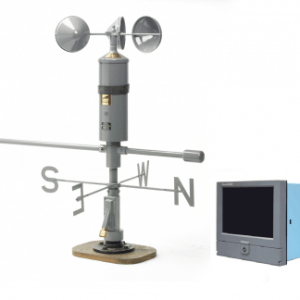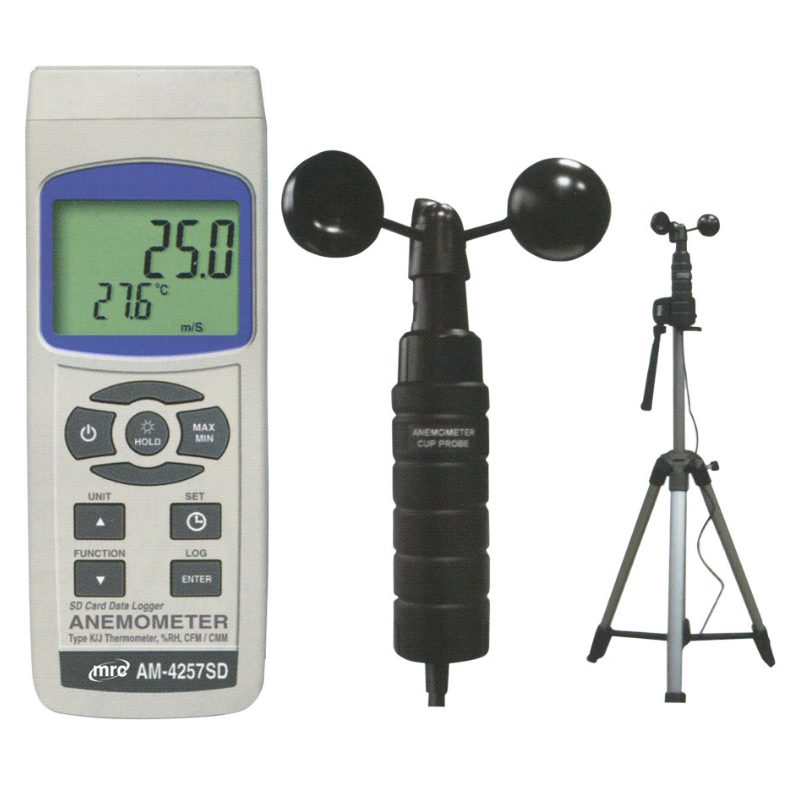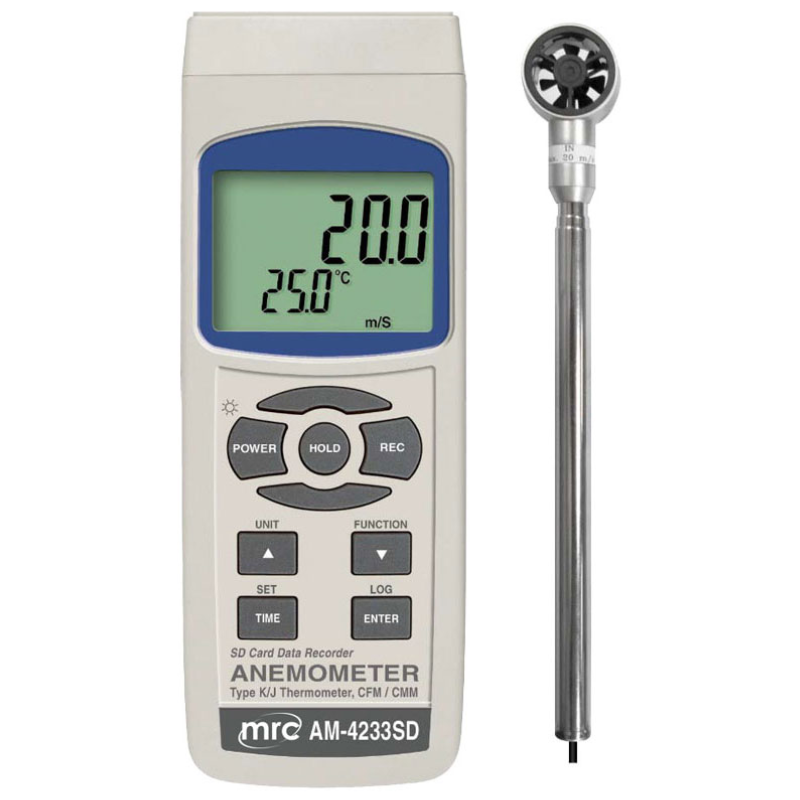In an age where accurate weather forecasting is crucial for various sectors, professional weather stations emerge as vital tools. These stations go beyond the simple thermometers and barometers we may have encountered in our homes, offering comprehensive data collection and analysis capabilities. They form the backbone of meteorological operations, aiding in forecasting, research, agriculture, aviation, and more. Let’s delve into the world of professional weather stations and understand their significance.
Precision and Accuracy
Professional weather stations are engineered to deliver precise and reliable data. They incorporate a suite of sensors to measure various atmospheric parameters such as temperature, humidity, air pressure, wind speed, wind direction, rainfall, and solar radiation. These sensors are calibrated to industry standards to ensure accuracy in measurements.
Data Collection and Transmission
One of the key features of professional weather stations is their ability to collect and transmit data in real-time. Advanced stations are equipped with data loggers that continuously record environmental conditions. This data can then be transmitted wirelessly to a central database or accessed remotely via the internet. Meteorologists, researchers, and other stakeholders can access this information to analyze current conditions and make informed decisions.
Applications Across Industries
Professional weather stations play a critical role in various industries:
- Meteorology: Weather stations serve as the cornerstone of meteorological operations. They provide valuable data for weather forecasting models, helping meteorologists predict weather patterns, severe storms, and other atmospheric phenomena.
- Agriculture: Farmers rely on weather stations to monitor environmental conditions on their farms. Data on temperature, humidity, and rainfall assist farmers in making decisions related to crop irrigation, planting schedules, and pest management.
- Aviation: Weather conditions have a significant impact on aviation operations. Professional weather stations installed at airports provide pilots and air traffic controllers with up-to-date information on wind speed, wind direction, visibility, and runway conditions, ensuring safe takeoffs and landings.
- Research: Weather stations are instrumental in climate research and environmental monitoring. Scientists use data collected from these stations to study long-term climate trends, track changes in weather patterns, and assess the impact of human activities on the environment.
- Energy: Renewable energy sources such as solar and wind power rely on weather conditions for optimal performance. Weather stations help energy companies forecast solar radiation and wind patterns, allowing them to adjust power generation accordingly and maximize efficiency.
Choosing the Right Station weather stations
weather stations
Selecting the appropriate professional weather station depends on factors such as accuracy requirements, budget, and specific application needs. Key considerations include sensor accuracy, durability, data logging capabilities, and compatibility with third-party software and systems.
CONTACT US






